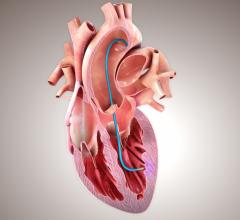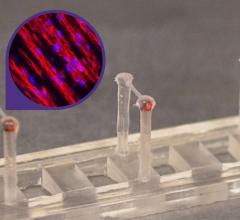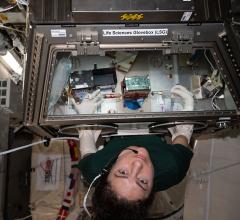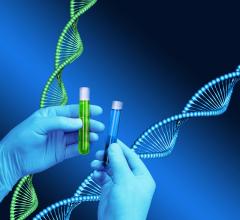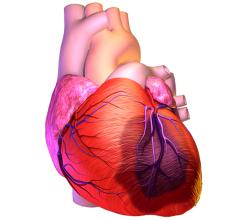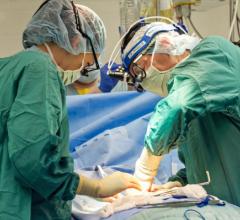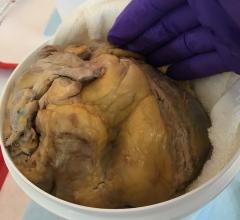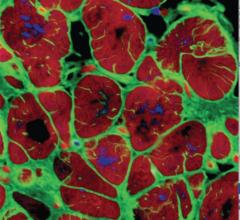May 7, 2007 — Australia's adult stem cell company, Mesoblast Limited, has announced that the FDA has cleared the Investigational New Drug Submission (IND) of its U.S.-based sister company, Angioblast Systems Inc., to commence a Phase 2 clinical trial of its allogeneic, or 'off-the-shelf,’ adult stem cells for patients with heart attacks.
"FDA clearance is a significant step towards commercializing our stem cell products in the U.S., the world's largest market for cardiovascular diseases," said founder and chief scientific adviser, Professor SilviuItescu. "Importantly FDA clearance was obtained within 30 days of the submission of the IND," he said.
The Phase 2 clinical trial will be based at the Texas Heart Institute, and will follow a similar protocol to the one used by the same investigators in preclinical studies for the IND submission. These showed that implantation of the company's proprietary allogeneic stem cells by catheter into damaged heart muscle resulted in significant improvement in heart function and reduction in congestive heart failure.
The clinical trial will be the first to test an allogeneic stem cell product injected by catheter into heart muscle damaged by a recent heart attack. The trial will use the latest generation catheters provided through Angioblast's ongoing relationship with the Johnson & Johnson companies, Cordis Corp. and Biosense Webster.
The commercial strategy for both Mesoblast and Angioblast is to generate high margin stem cell products that are obtained from a single donor, expanded, frozen, and subsequently used in thousands of unrelated, or allogeneic, recipients at the time and place of need.
Over one million new patients with heart attacks are treated annually in the U.S. alone, representing a multibillion-dollar market opportunity. Current therapies do not result in rebuilding of heart muscle, and do not prevent progression of congestive heart failure, poor quality of life, and long-term deterioration.
For more information visit www.mesoblast.com


 November 19, 2021
November 19, 2021 
